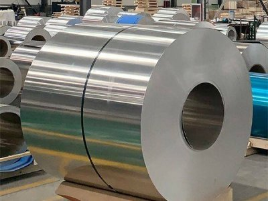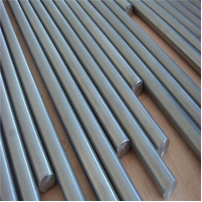4J36 iron nickel alloy is a unique metal known for its ability to maintain size and shape even under temperature changes. Made primarily of iron and nickel, it is often called an “ultra-low expansion alloy,” making it essential in fields where precision is critical.
I. Material Composition & Key Properties
1. Made mainly of nickel and iron, with small amounts of cobalt and carbon.
2. Its thermal expansion coefficient is extremely low—around 1.2×10⁻⁶/℃ at room temperature—meaning it hardly expands or contracts with temperature changes.
3. It also offers good strength and ductility, with tensile strength between 490–680 MPa and elongation of 25–35%.
II. Key Benefits of Using 4J36 Iron Nickel Alloy
1. Stays Dimensionally Stable: It maintains its shape across a wide temperature range (-60°C to 100°C), unlike ordinary metals.
2. Smart Thermal Behavior: At around 230°C, it loses magnetism and may even shrink slightly—useful in heat-sensitive devices.
3. Easy to Work With: It can be forged, rolled, welded, and machined. After cold processing, a three-step heat treatment ensures long-term stability.
III. Common Uses & Practical Tips
1. Ideal for aerospace, satellites, laser systems, clocks, and precision instruments where even tiny size changes matter. Also used in LNG tanks and thermostat components.
2. Note: While it performs well in dry conditions, avoid long-term contact with moisture to prevent rust.
3. When welding, keep interlayer temperatures under 120°C after annealing to preserve material properties.

